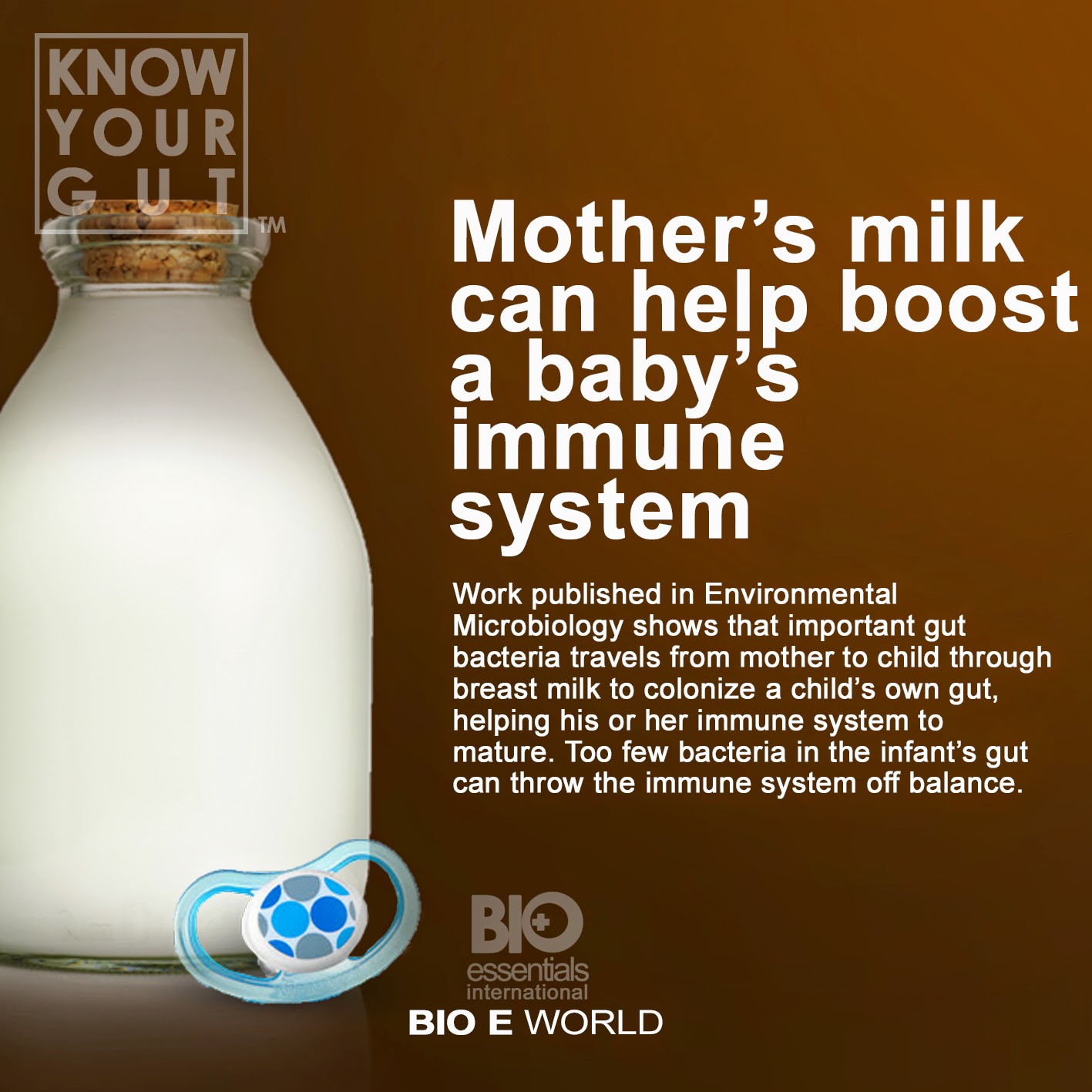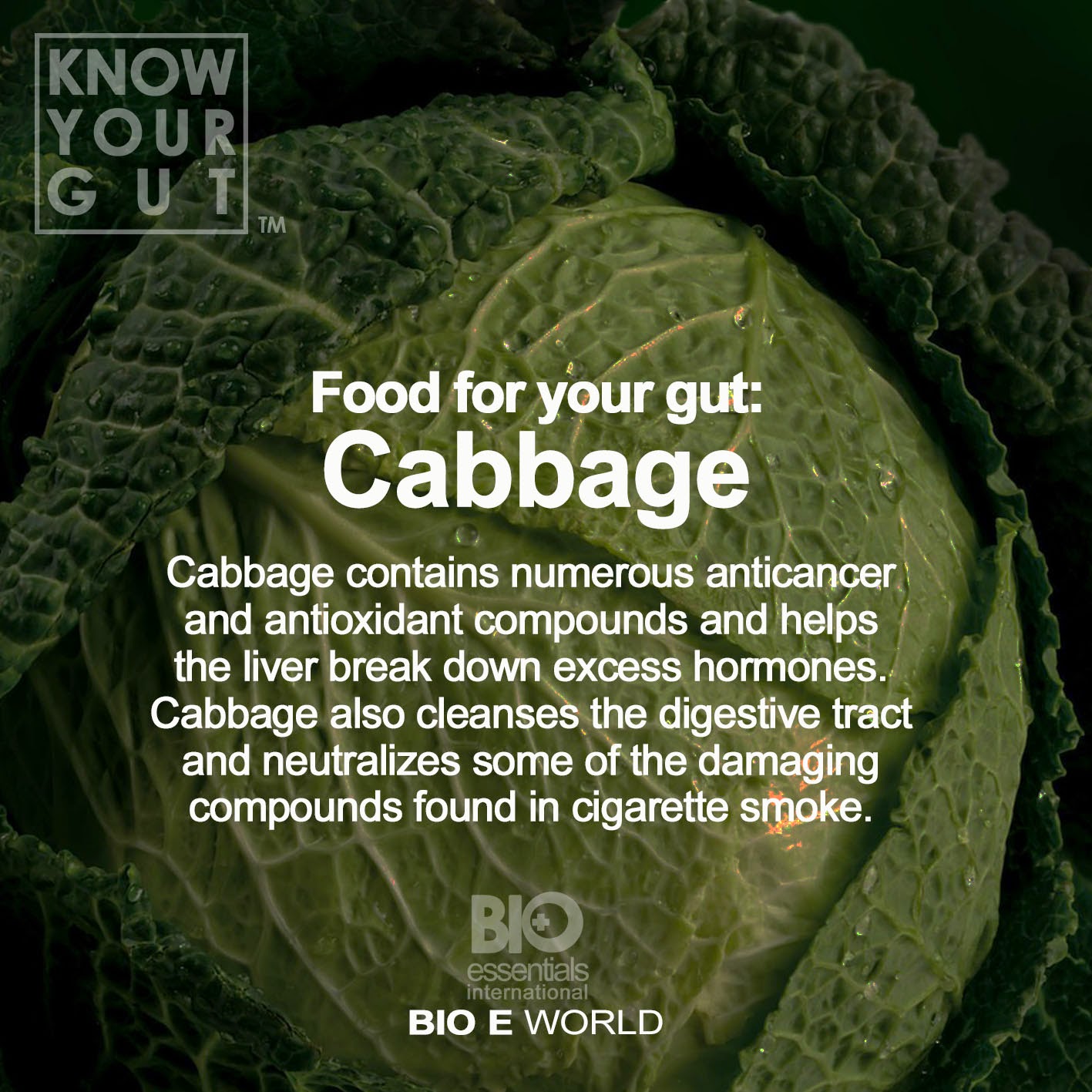Mother's milk can help boost a baby's immune system

Breast milk not only has unquestionable nutritional value, but it provides infants with an added level of immune protection that no commercial formula has been able to duplicate. That’s because even colostrum—the first milk produced by new mothers—contains large numbers of antibodies and other infection-fighting cells. Through breast milk, nursing mothers are able to provide their babies with a continued source of antibodies long after they deliver. As a result, breastfed babies are protected against many if not all of the diseases to which their mothers’ are immune. It is because of this significant boost in immunity that breastfed babies have been shown to get sick less often, suffer from fewer ear infections, and experience less severe symptoms when they do get sick. And while you may be familiar with the risk of uneven heating and scald burns associated with microwaving breast milk, it’s worth noting that doing so is also thought to destroy the immune properties of the milk. Work



